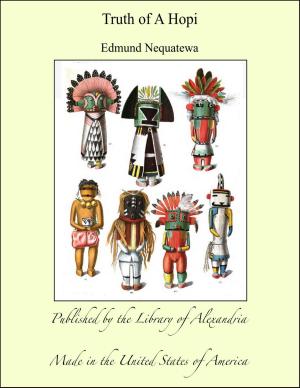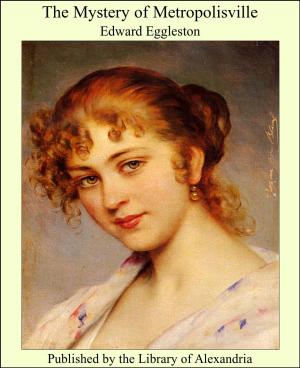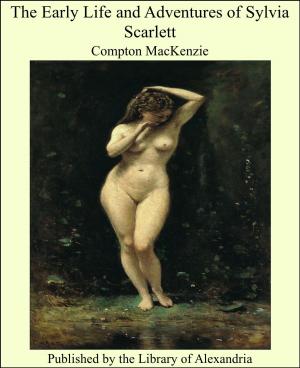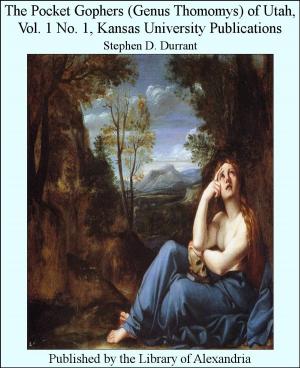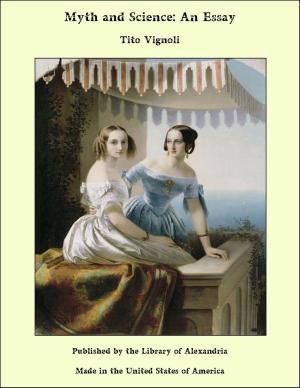| Author: | Armando Palacio Valdés | ISBN: | 9781465517999 |
| Publisher: | Library of Alexandria | Publication: | March 8, 2015 |
| Imprint: | Language: | English |
| Author: | Armando Palacio Valdés |
| ISBN: | 9781465517999 |
| Publisher: | Library of Alexandria |
| Publication: | March 8, 2015 |
| Imprint: | |
| Language: | English |
ACCORDING to the Spanish critics, the novel has flourished in Spain during only two epochs—the golden age of Cervantes and the period in which we are still living. That unbroken line of romance-writing which has existed for so long a time in France and in England, is not to be looked for in the Peninsula. The novel in Spain is a re-creation of our own days; but it has made, since the middle of the nineteenth century, two or three fresh starts. The first modern Spanish novelists were what are called the walter-scottistas, although they were inspired as much by George Sand as by the author of Waverley. These writers were of a romantic order, and Fernan Caballero, whose earliest novel dates from 1849, was at their head. The Revolution of September, 1868, marked an advance in Spanish fiction, and Valera came forward as the leader of a more national and more healthily vitalised species of imaginative work. The pure and exquisite style of Valera is, doubtless, only to be appreciated by a Castilian. Something of its charm may be divined, however, even in the English translation of his masterpiece, Pepita Jimenez. The mystical and aristocratic genius of Valera appealed to a small audience; he has confided to the world that when all were praising but few were buying his books. Far greater fecundity and a more directly successful appeal to the public, were, somewhat later, the characteristics of Perez y Galdos, whose vigorous novels, spoiled a little for a foreign reader by their didactic diffuseness, are well-known in this country. In the hands of Galdos, a Further step was taken by Spanish fiction towards the rejection of romantic optimism and the adoption of a modified realism.
ACCORDING to the Spanish critics, the novel has flourished in Spain during only two epochs—the golden age of Cervantes and the period in which we are still living. That unbroken line of romance-writing which has existed for so long a time in France and in England, is not to be looked for in the Peninsula. The novel in Spain is a re-creation of our own days; but it has made, since the middle of the nineteenth century, two or three fresh starts. The first modern Spanish novelists were what are called the walter-scottistas, although they were inspired as much by George Sand as by the author of Waverley. These writers were of a romantic order, and Fernan Caballero, whose earliest novel dates from 1849, was at their head. The Revolution of September, 1868, marked an advance in Spanish fiction, and Valera came forward as the leader of a more national and more healthily vitalised species of imaginative work. The pure and exquisite style of Valera is, doubtless, only to be appreciated by a Castilian. Something of its charm may be divined, however, even in the English translation of his masterpiece, Pepita Jimenez. The mystical and aristocratic genius of Valera appealed to a small audience; he has confided to the world that when all were praising but few were buying his books. Far greater fecundity and a more directly successful appeal to the public, were, somewhat later, the characteristics of Perez y Galdos, whose vigorous novels, spoiled a little for a foreign reader by their didactic diffuseness, are well-known in this country. In the hands of Galdos, a Further step was taken by Spanish fiction towards the rejection of romantic optimism and the adoption of a modified realism.

